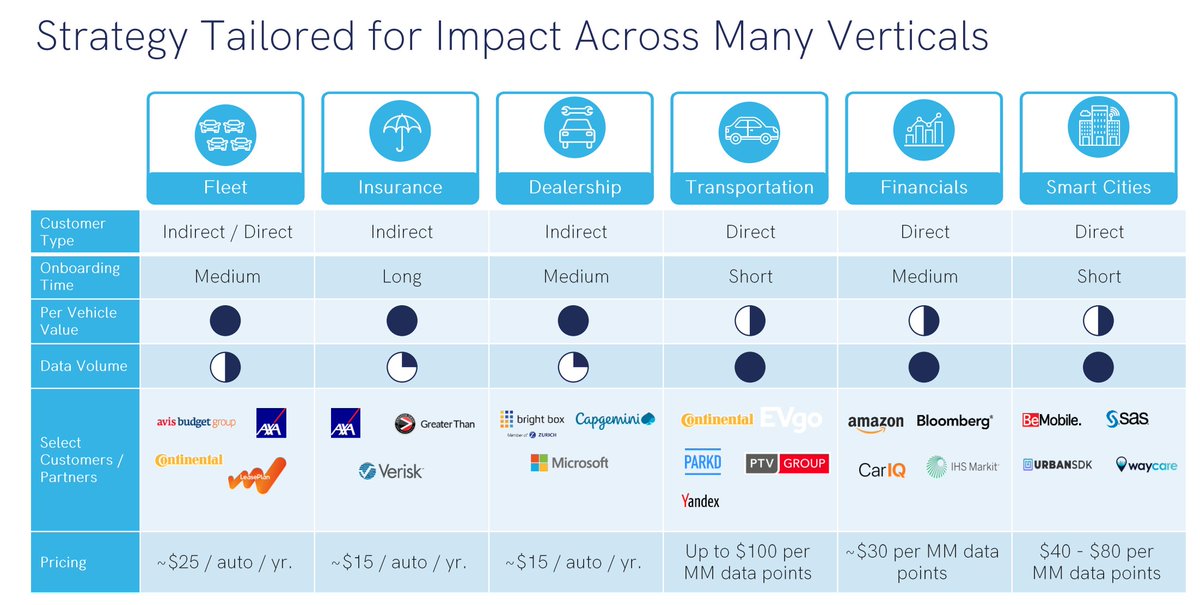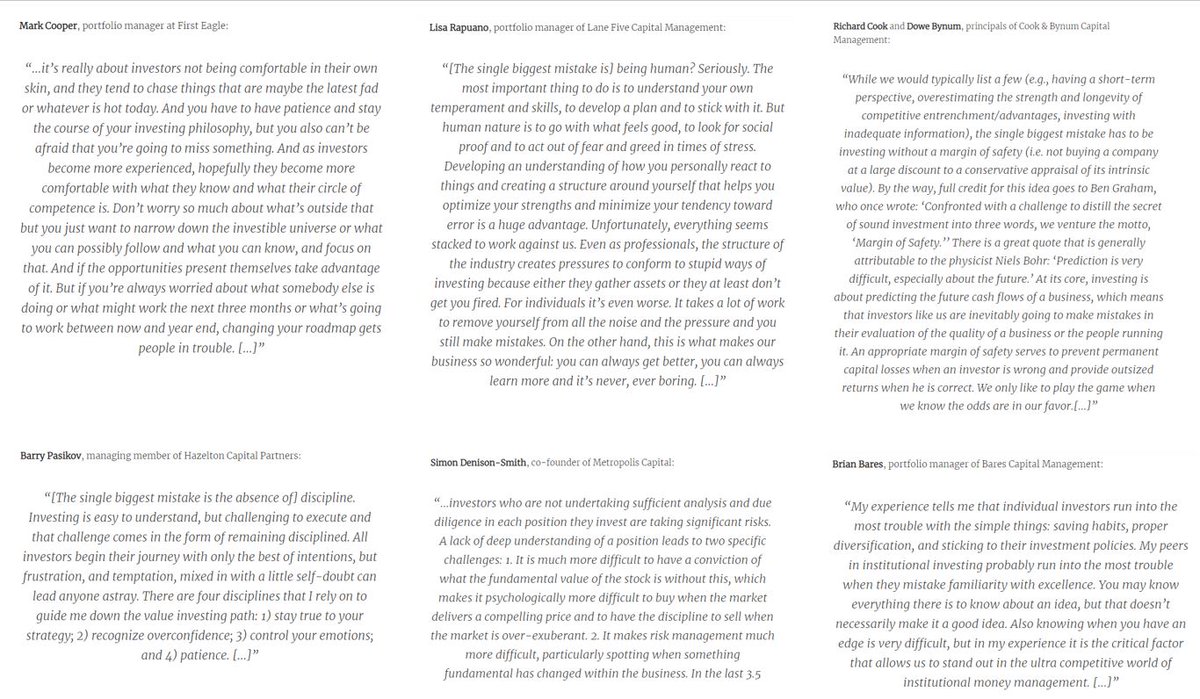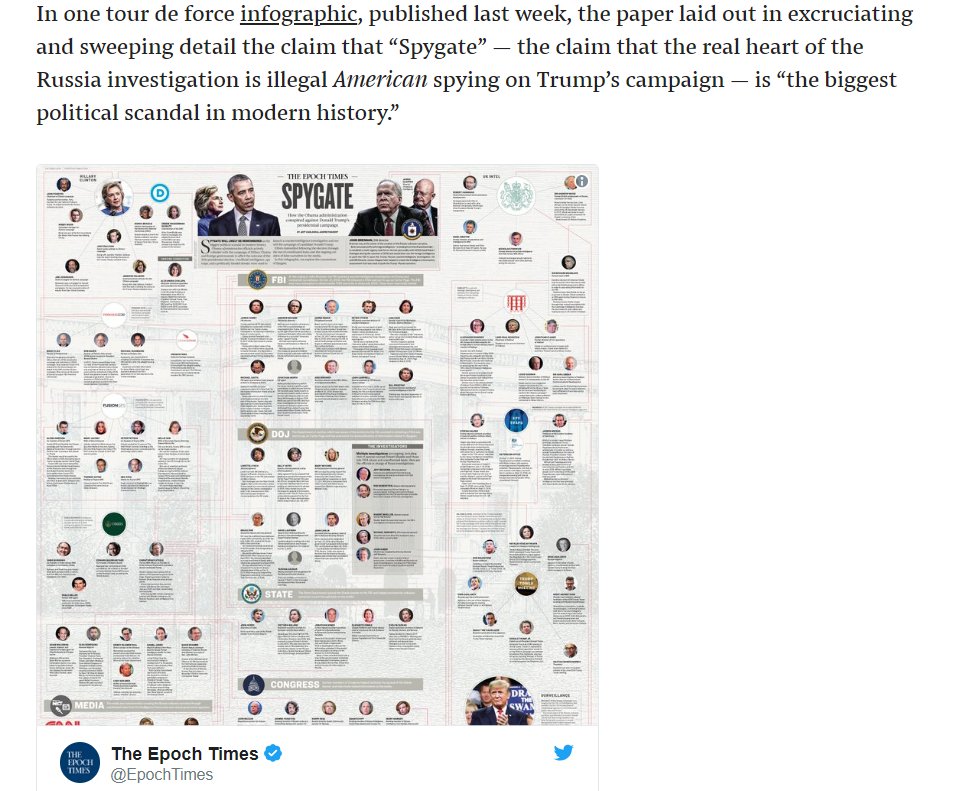estoppel. I explained the law protects a party from being harmed by another party's voluntary conduct. That conduct may be ACTIONS, INACTION, SILENCE, or ACQUIESCENCE. Although the SEC never declared XRP a non-security, for EIGHT YEARS it openly traded in unison with #ETH and
#BTC. During this time, some from the SEC, including Clayton, commented that #BTC and/or #ETH were not securities. For 8 years the SEC’s actions, inaction, silence and acquiescence implied that XRP was also NOT a security. Let’s review a few of the SEC’s actions, inaction,
silence and/or acquiescence related to #XRP. (1) During the period of time the SEC claims XRP was a security, the SEC granted Ripple permission to take a minority stake in MoneyGram (MGI). Ripple invested $50 million purchasing approximately 9% of MGI. The SEC approved this
purchase of MGI with the full knowledge that Ripple would encourage MGI to use XRP as a cross-border utility token related to remittances. The SEC allowed the use of this so-called illegal security to be utilized not just by Ripple, but by MGI. The SEC admitted to this knowledge
when it stated in the Complaint that Ripple paid “Money Transmitter significant financial compensation – often paid in XRP.” The SEC was fully aware that MGI would not HODL XRP. The SEC knew that MGI would sell XRP in the Secondary Markets to investors such as ALL OF US XRP
HOLDERS. Thus, it appears, the SEC, believing XRP to be an unregistered security, provided consent for XRP to be purchased and/or utilized by MGI and then sold in the secondary markets to innocent investors with no connection to Ripple, or even MGI, because purchasers of XRP on
exchanges do not know the identity he seller. If the SEC truly believed XRP to be an illegal security, why would it allow this transaction to take place? The answer is because the SEC knows very well that Today’s XRP is NOT A SECURITY. (2) XRP has been trading in the Secondary
Markets SINCE 2013! In 2015, the DOJ & FinCen settled a case with Ripple and determined that XRP was VIRTUAL CURRENCY and that Ripple is a MONEY transmitter of XRP. The settlement required Ripple’s XRP transactions comply with LAWS THAT DO NOT APPLY TO SECURITY TRANSACTIONS. This
is an agency of the U.S. Gov’t classifying XRP as virtual currency. (3) Also in 2015, the US Gov’t entered into a consent agreement related to the sale of XRP to
@rogerkver. The US Gov’t settled with Ripple and the SEC didn’t allege securities violations, nor did the SEC issue a
cease and desist letter or seek an injunction to stop sales of XRP. These Gov’t interactions and inactions with Ripple, involving XRP, implies that XRP IS NOT considered a security.
(3) In 2017, The SEC brought high-profile ICO cases against several companies, alleging that the
digital token that was being offered constituted an unregistered security. Two of these cases involved the #EOS and #KIN Tokens. These companies raised capital by offering ICOs. These tokens were promised by the promoter who received money for that promise. This ICO scenario fits
squarely in the 4 factor Howey test of what constitutes a security. Because these ICOs constituted securities, the SEC shut it down. Ripple and XRP, however, were LEFT ALONE by the SEC during these high-profile prosecutions. In fact,
@bgarlinghouse SPOKE OUT against these ICO





























